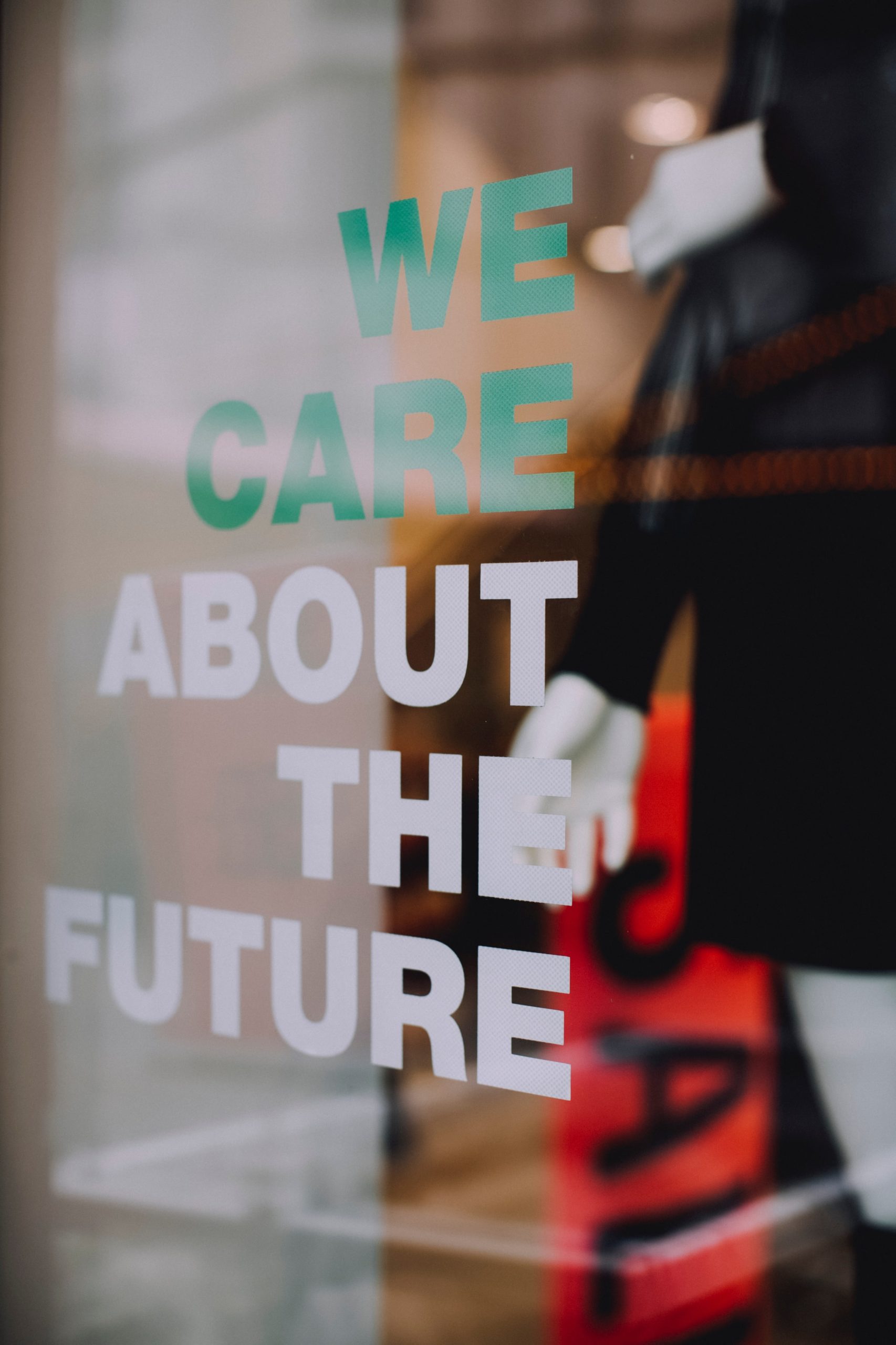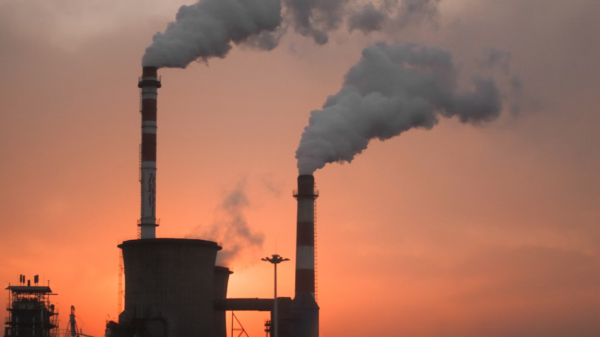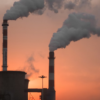Roar writer Manya Sareen reflects on the impact of Covid-19 on the fashion industry.
It took massive forest fires, melting of the polar icecaps, the death of millions of aquatic life and the endangerment of polar bears for our society to realise that we have to take initiative in changing the way we approach the environment. The rising waste from the fashion industry, which is about the same as that of plastic, led to a sustainable fashion movement, popularising eco-friendly brands. This past year has shaken the industry in terms of diversity, disruption of the supply chain, the bankruptcy of many brands and the pandemic. While a lot of these impacts were disastrous, these times have also presented an opportunity for re-evaluation and introspection.
Ethiopian garment workers are the least paid in the world with a base wage of $26 a month. These extremely low wages are set by governments looking to attract western companies to shift manufacturing to their country. Even these low wages are often denied by the corporates, whose only aim is to keep the workers compliant. This behaviour often makes the vastly underrepresented artisans the victims of our capitalist mindset, valuing profit overall values. Unsurprisingly, these actions are most commonly toward diverse ethnicities. Examples such as these depict the intersection of sustainability and representation. Educated consumers, those most attracted to sustainability, are often also aware of and most likely to support increased diversity and representation in brands they support.
With the Black Lives Matter movement re-igniting last year, many brands stood in solidarity for its cause. Increasingly educated consumers demanded greater accountability and actions from the companies they supported, which was followed by some major brands being called out for their lack of diversity. One example of this is the #pulluporshutup campaign with over 120k followers on Instagram, which started to hold popular fashion brands accountable for their representation and urged them to release their percentage of the Black workforce. Many companies, fashion and otherwise, have taken part and shown their increased percentages of diversity since May 2020. Several other companies supported the movement by donating a proportion of all sales to Black-owned businesses or organisations aimed at fighting against racial injustice.
Black Friday completely exposes the low production cost of fast fashion brands. This past year, in the midst of coronavirus, the Pretty Little Thing brand was targeted for its enormous drop in prices which was astonishing to many consumers. Many pieces from the collection had prices reduced by 99%, which shed light on the extremely low cost incurred for each garment. Instagram users were quick to call the company and its morals out and began to question the working place conditions, the waste produced, and the utilisation of single-use plastic in the entire process. These fast fashion companies often focus on ‘trendy’ clothes, which are seasonal and create a majority of the waste produced by the industry. Even though many slow or environment-conscious brands decided not to partake in Black Friday, the ‘holiday’ has succeeded in representing the ever-increasing consumerism in today’s society.
While one might assume the global pandemic would put plans for a more sustainable fashion industry on the backend, it has proven to be the opposite. The disruption of the supply chain led the industry to review its strategies and formulate new business plans, ones including sustainability. While there is still a risk of fashion companies deciding to drop all talk of increased sustainability, these times also present an opportunity for companies to make the environment a priority. Additionally, this past year has allowed consumer awareness to increase – for instance, Zalando, a European e-commerce company, has seen a 30% rise in customers shopping more sustainably.
The practices employed by the biggest fast fashion brands tend to be highly dangerous and unethical, both to the environment and to people. The increasingly inclusive sustainability movement in the past year has shown how it is the only way to move past consumerism towards responsible consumption and spending for the environment and society. Covid-19 didn’t collapse a perfectly functioning industry, all it did was expose a defected one. It has given an opportunity to re-evaluate and prioritise the planet and the people on it.


















